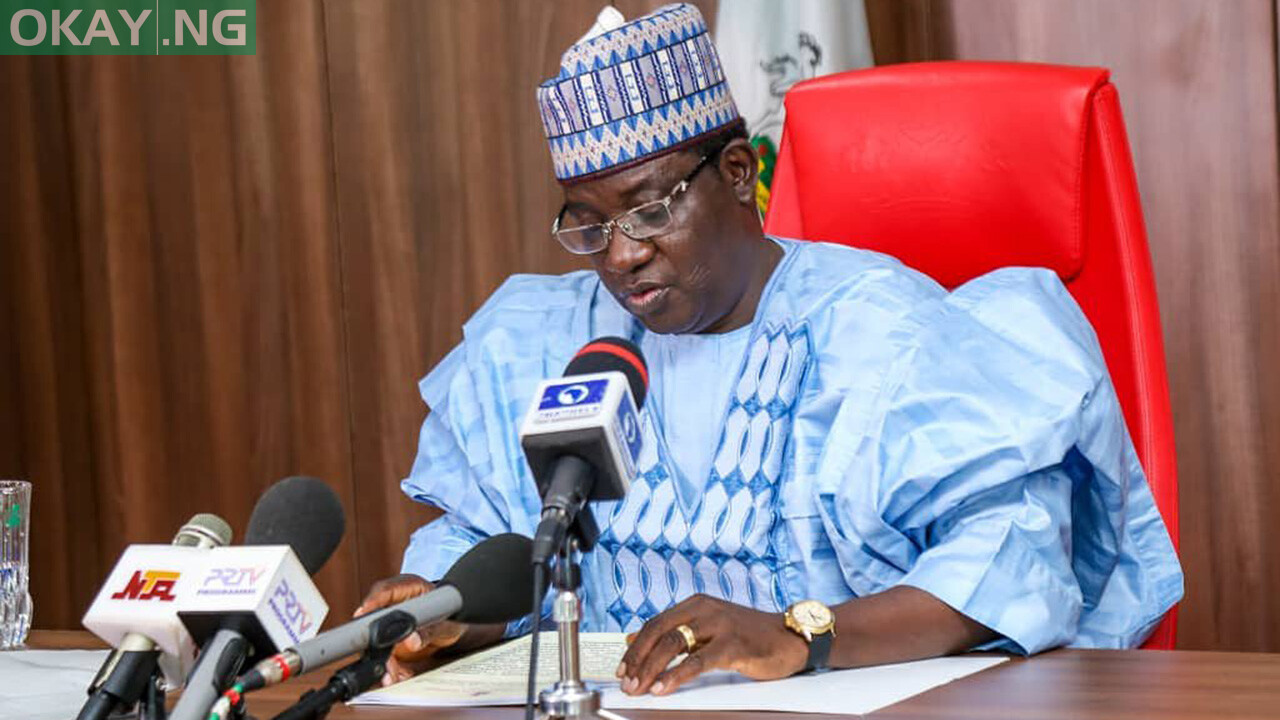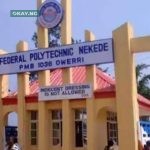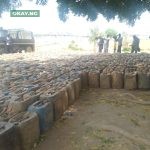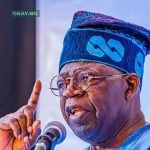The meeting between representatives of the Federal Government and the Nigeria Labour Congress (NLC) aimed at preventing an imminent strike ended inconclusively on Monday, leaving the union’s demands unaddressed.
In attendance were the Minister of Labour and Employment, Simon Lalong, and the Minister of State for Labour and Employment, Nkeiruka Onyejeocha, who convened with NLC President Joe Ajaero and other union leaders in Abuja. The purpose was to deter organized labor from launching another round of industrial action.
The meeting, while inconclusive, is slated to reconvene at a later date. Meanwhile, Minister Lalong is also scheduled to meet with representatives of the Trade Union Congress (TUC) today.
This impasse arose after Minister Lalong invited the NLC for discussions, given the union’s planned nationwide strike in protest of the removal of fuel subsidies and the prevailing hardships faced by Nigerians.
It’s worth noting that earlier, the minister extended invitations to both the NLC and the Trade Union Congress (TUC) to prevent the two-day strike that occurred on September 5 and 6. Regrettably, “only the TUC attended the meeting,” as stated by the ministry.
Addressing Labor’s Concerns:
During Monday’s meeting, Minister Lalong pledged to collaborate with organized labor to address their demands in a fair and equitable manner. He implored labor leaders to engage in realistic and transparent discussions, expressing optimism that the talks would result in a resolution that serves the national interest.
In response, NLC President Joe Ajaero conveyed his team’s cautious optimism about the meeting’s outcome, given previous unsuccessful encounters. He emphasized that past strikes were the result of the frustration experienced by Nigerian workers due to the hardships following the removal of fuel subsidies.
Ajaero pointed out that despite numerous meetings with the Federal Government, none of the agreed-upon measures had been addressed, leaving workers disillusioned. Furthermore, he strongly condemned the recent invasion of the National Union of Road Transport Workers (NURTW) office, which led to the arrest and detention of some of its leaders, adding that this incident alone provided ample justification for the NLC’s planned strike.









